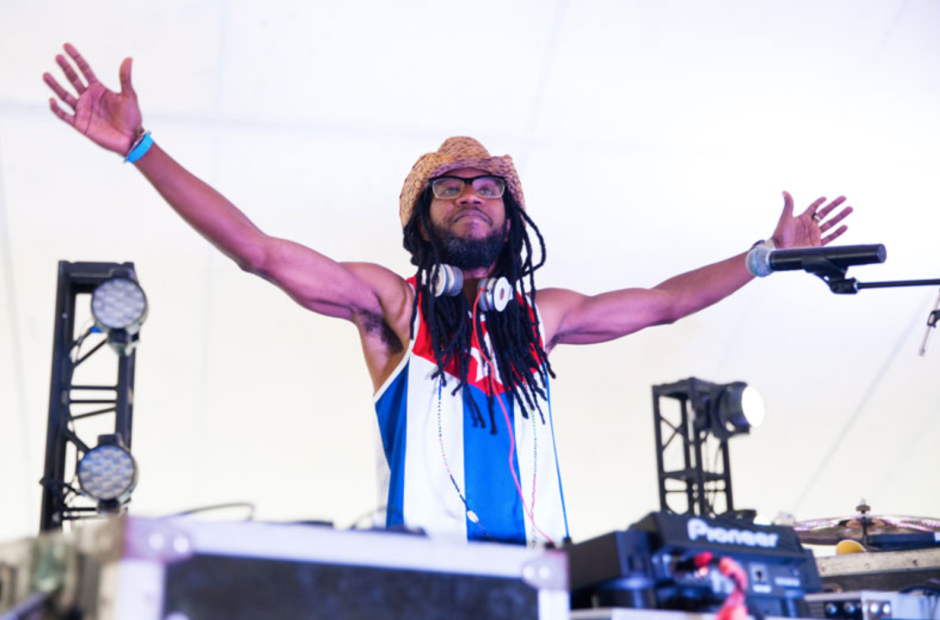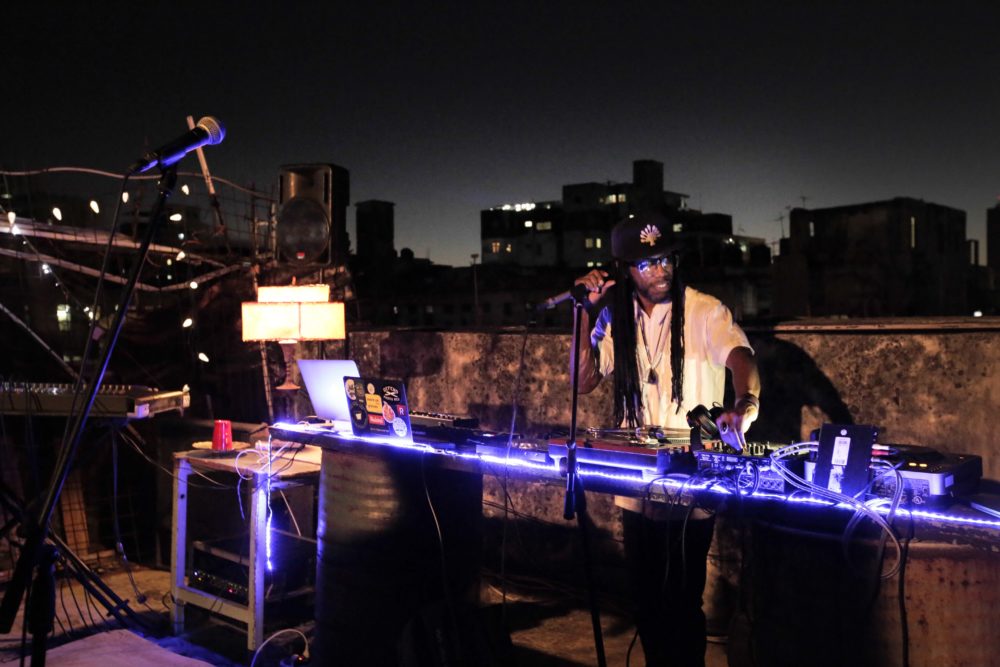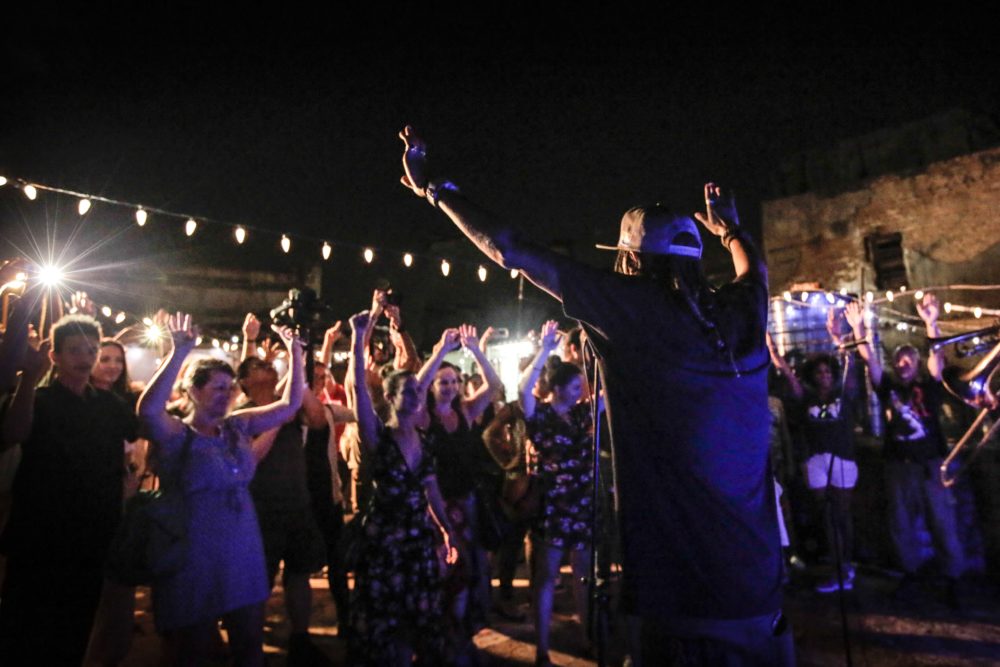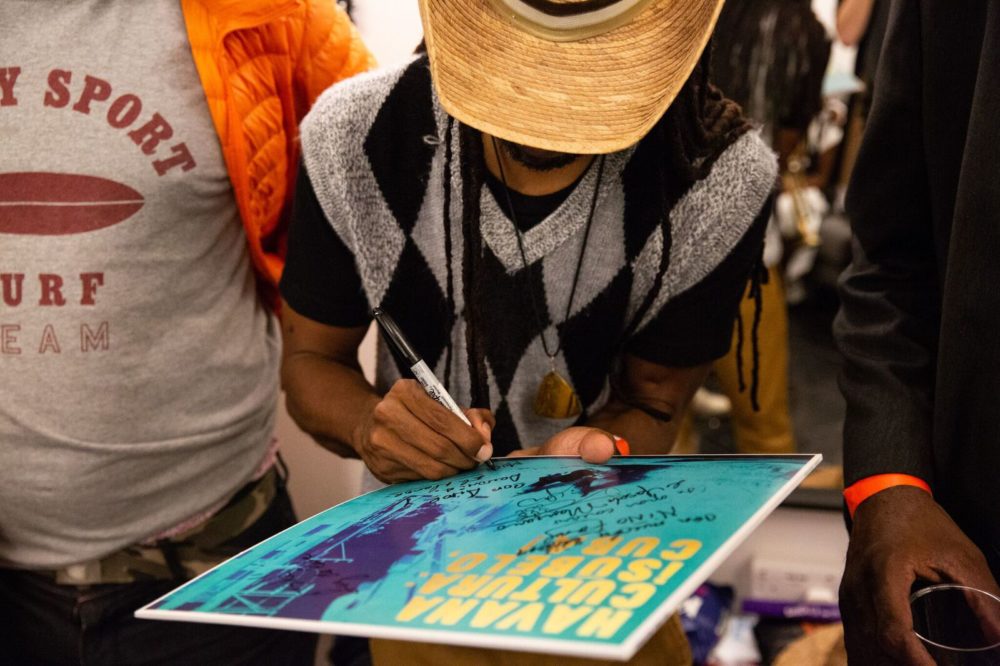CULTURA CUBA: MODERN MUSIC IN CUBA
Music and the arts are flourishing in Cuba’s capital, with the seeds of innovation sown by a growing number of young artists, producers, dancers and collectives committed to shaking up the system. Fused visited Cuba’s vibrant capital to soak up the rum, food, and, of course, culture.
Havana has a unique modern music culture that’s fast evolving. On the one hand, it’s indebted to Cuba’s unique attributes, where standardised practiced traditions are enriched by intermittently experienced outside cultures. With homegrown influences grasping modern day dance culture it offers a new side to Havana that’s firmly rooted in its past.
In Cuba, music and the arts, like most other things are a subject of approved, state business; creatives and their performances are answerable to government acceptance and approval. Anyone can create music in Cuba, but only state-approved musicians get the full backing of the Cuban music industry, which includes access to state-sponsored venues and state-owned studios, as well as having their music sold by state-owned labels. But now, more than ever before, it’s possible for Cubans to access the outside world – either on El Paquete (an informal, weekly delivery of TV, music and film to recipients across the island) or through hourly-pass internet connections accessed in public squares. It’s fuelling the noise of Havana’s sound-drenched cityscape.
Young Cuban artists continue to innovate using their surroundings and available materials. One such music agency taking advantage of this sea-change is Guampara Music, Cuba’s first genre-bending independent urban label, that’s ready to take on the world.
Founded by Isnay Rodriguez, a Havana based music impresario (who performs around the world and records under the name DJ Jigüe) and much-respected producer and DJ, profiled by The Fader and Vice, has charted new directions for Cuban music.
He explains what is happening in Cuba now and how the music scene has changed beyond the phenomenon that was the mighty Buena Vista Social Club. “It is important to see how the new approach to digitalisation and technologies have influenced some musicians. Generally, new bands arrive and impose their style but I think more information is needed to open the spectrum in terms of everything that can be done creatively.”
What’s happening at Guampara has all the charm and individuality of a rudimentary DIY culture; the collective throws rooftop house parties, and Rodriguez passes music to people who come by the studio via USB sticks, usually for free. In Cuba, where Wi-Fi is slow, how are the internet and The Package (El Paquete, or The Package, has become the primary way Cubans receive American media, news and entertainment) changing the face of Cuban music?
“Person-to-person digital file sharing used to sidestep Cuba’s restricted internet access but now The Packet has augmented the diet of musical influence on the island”. Each Paquete is a hard drive containing a variety of files, including music, videos, pictures, magazines, and apps, that is smuggled through a black-market network and downloaded to personal computers.
He adds: “The package was the alternative to not having internet access, as always the Cuban invents something to move forward. There is still more, such as having easier, cheaper and better functioning internet, but it is clear that even a little access is having an impact on some artists who are informing and updating what is happening outside of Cuba and reinventing styles from this approach.
We are in an era where many things have changed in terms of distribution, information sharing and more. The Internet came to change all those things and revolutionised the industry and the market, not only of music. But we are still far from being an active part of that current dynamic, so our challenges are those of any musician from another place, but also in totally disadvantaged conditions.”
For a long time, electronic music has been understood in terms of sounds rooted in particular places: the styles of house and techno inextricably wedded to Detroit and Chicago, or the early ‘90s jungle sound which carries echoes of London. But that is changing in Latin America more than anywhere else. A new project, led by Gilles Peterson, shines a light on Cuba’s fast-mutating, rhythmically-adventurous underground. It’s a scene where old ideas are transplanted into new contexts, and like-minded scenes are brought together in new dialogues.
Havana Cultura: ¡Súbelo, Cuba! the album showcases an extended network of like-minded, forward-thinking musicians driving Cuba’s music forward. Following repeated trips to connect with venues, collectives and DJs, Peterson and Will LV (one half of LV, who’ve released on Hyperdub and Keysound amongst others) linked up with DJ Jigüe, to connect with a network of collaborators merging Afro-Cuban traditions with contemporary movements and ideas.
LV explains: “Gilles rang me up in May 2017 and said he needed me to go to Cuba and find some exciting new musical people he didn’t already know who we could work with on a new project for Havana Cultura. I grabbed the bag that I have constantly packed with three changes of underwear and an Ableton Push (sampler) and set off for Gatwick.”
“There’s always lots going on in Cuba, but not a lot of it gets off the island. That’s why it’s cool to have been involved in a record trying to gain more attention for artists doing their thing there.”
Fused visited Cuba as part of the FITCUBA Fair, invited by the Cuba Tourist Board on behalf of MINTUR.
Visit cubatravel.cu for more information












[…] Head to a Rooftop party Music is flourishing in Cuba’s capital, with the seeds of innovation sown by a growing number of young artists, […]